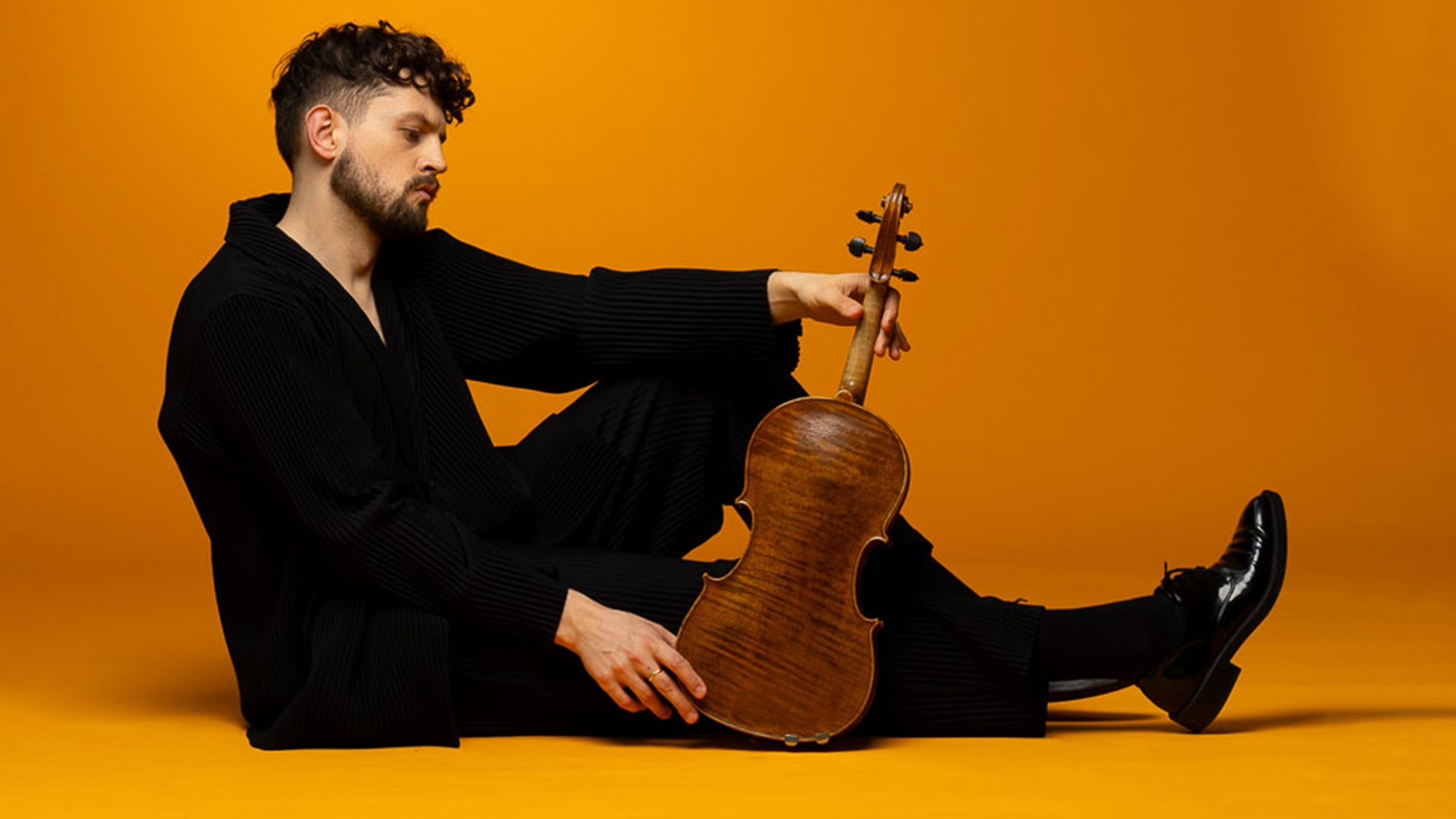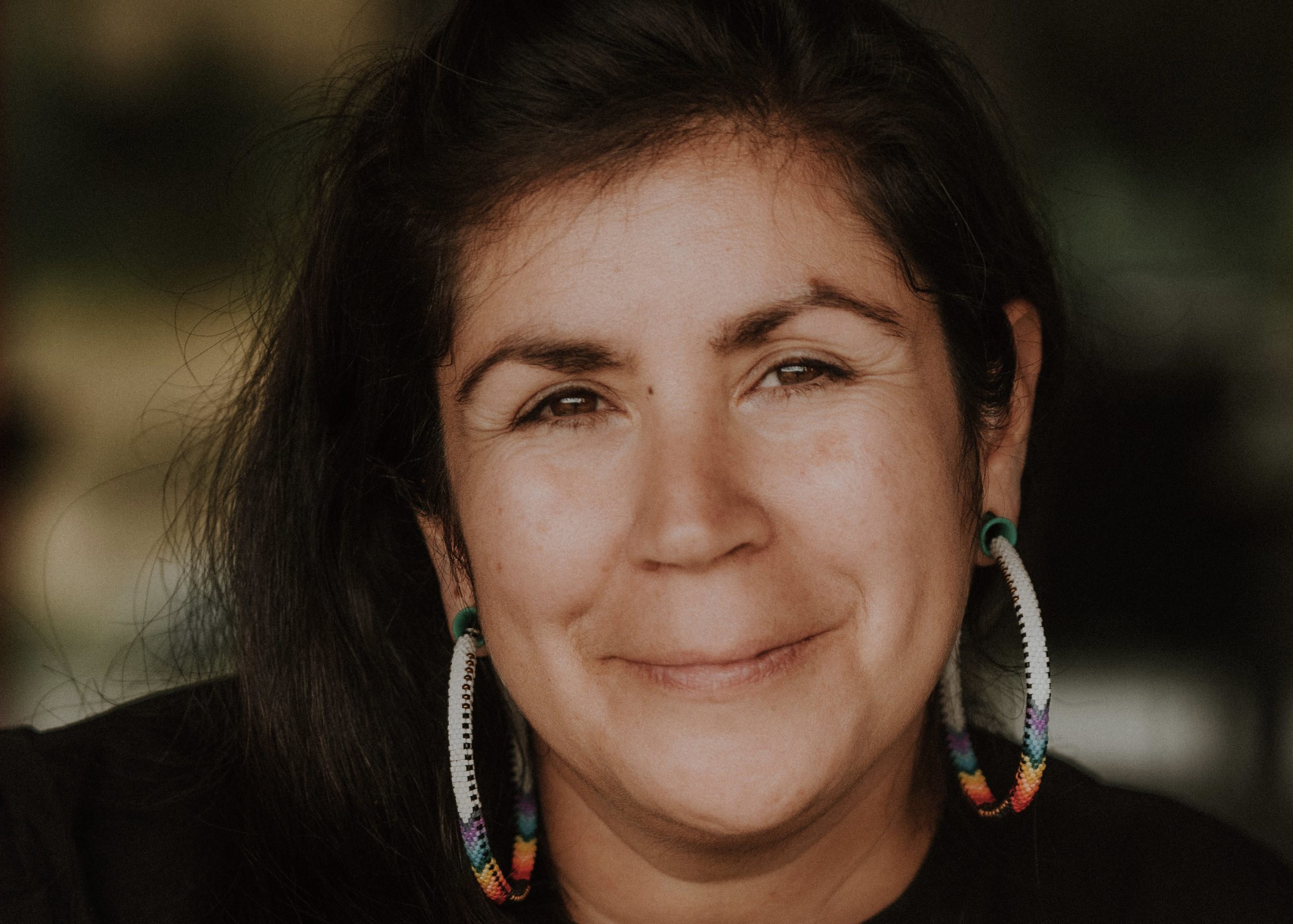

Grace Ma is someone who likes to get an early start. She began her music career at the age of four, and as a third-year music student, presented her original research at the U21 Undergraduate Research Conference for university students around the world. One day, Grace hopes to be a professor so that she can help students build upon their talents and uncover their potential. For now, she is gaining experience at local and international academic conferences.
Tell me about your area of study within the School of Music.
I am a composition major in the School of Music and I am also doing piano concentration lessons, so I take slightly more advanced piano lessons than the minimum requirements.
Most of us in the School of Music auditioned as first year students, so it’s something that my colleagues and I thought about and decided upon when we were in high school. I started playing the piano when I was four, and as I learned more about piano, music history, and music theory, I felt it was really something that I was passionate about.
When did the idea for your research project begin? Can you give me a summary of your research, as well as how your ideas and topic developed over time?
My research grew out of a paper I wrote in Dr. Graeme Fullerton’s first-year music history class on how music criticism came out of Enlightenment philosophy. This paper was an overview, and it was a starting point for my research, which has evolved over time. In second year, I became really keen to get my research out there, but it was hard to know which avenues would be appropriate for me. I got together with Dr. Hedy Law and refined the topic, so instead of being a very broad overview, it is focused on a particular publication called ‘Discours préliminaire’ by philosopher Jean le Rond d’Alembert.
There is a wide range of ways in which we can define music criticism, but for my research I chose the definition of music criticism as ‘an intellectual activity of formulating judgments with regards to the value and quality of music.’ My argument, based on d’Alembert’s work, is that there is a close-knit relationship between music criticism and Enlightenment philosophy, and that there is clearly a stream of philosophy that nourished music criticism in the early 18th century.
How did you end up presenting your research at the Multidisciplinary Undergraduate Research Conference (MURC) in March? Was this your first time presenting your ideas to a public audience?
Basically, when I was chatting with Dr. Law, looking for opportunities to present my research, she came across MURC right here on campus and thought that it seemed like a suitable opportunity for me. I decided to take this opportunity and I got the support and help I needed from Dr. Law and Natalie Anderson, a teaching assistant.
This was my first time presenting my ideas for this particular project. There are many skills that I have learned from presenting: public speaking skills, being passionate about the information you are presenting, making sure that everything is prepared and ready to go ahead of time, designing something that is visually exciting or engaging, and responding to the audiences’ reactions. I guess it’s a mix of preparation work for the presentation, and also the on-the-spot aspect of engaging your audience.
You won the award for best poster presentation at MURC. Did this distinction lead to your invitation to present at the Universitas U21 Undergraduate Research Conference in Amsterdam this July?
I would say so, in a big way. It was a great honour and great surprise to receive this distinction at MURC, and after that we were told that top presentations would have the opportunity to go to Amsterdam. UBC was able to send four students to the U21 conference because it has two campuses (the usual limit for each University is three).
Can you tell me a little bit about what the U21 conference is all about? How was your experience at the conference?
The U21 is a league of universities from all around the world that got together and wanted to give their students an exchange experience while also showcasing the best of undergraduate research. In Amsterdam this year, it was a congregation of the top student researchers chosen by the universities that are part of this league. Students got together and shared their research; it was largely a friendly gathering of networking, exchanging ideas, making new friends, and seeing another country. We had 37 oral presenters and 17 poster presentations. There were peer judged awards going out to people’s favourite poster and oral presentations.
Next year, the conference is in Shanghai, so it may be a little different. I’m going into my third year, so there would be a chance for me to attend next year and I’m considering it because it was a very exciting experience. This year, I felt a bit young at the conference because most people were in their fourth year or had just graduated, so they all knew their research forwards and backwards. I was a little bit intimidated, but everyone has been so supportive and gave me a lot of encouragement.
What can students gain from both attending and presenting at student research conferences such as MURC and the U21 conference?
I think that you can gain a range of valuable skills, both in terms of your studies here at UBC, and for the future. Academically, I found a more specific way in which I would like to contribute in my field, and I also gained a better understanding of what my field does in terms of research and how it relates to other fields.
Career-wise, it’s the communications and organizational skills that you gain, learning how to network with people and share ideas. Having the experience of putting yourself up in front of a formal audience in a professional atmosphere is also very valuable and helps to improve public speaking skills and the ability to engage an audience. For music students who are looking for a vocational career as a composer or performer, these skills are extremely valuable, and the exposure to an academic setting is a great experience.


